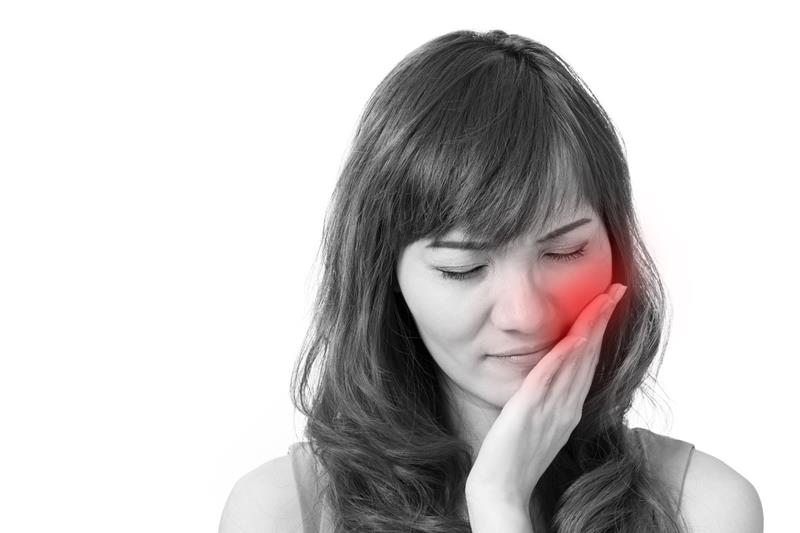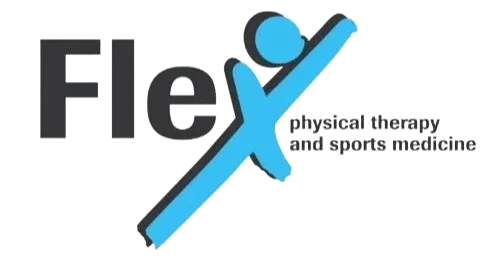
Do You Suffer from TMJ Syndrome?
Do you experience headaches, teeth grinding, jaw clicking, or ear pain? These symptoms may indicate Temporomandibular Joint (TMJ) Syndrome, also known as Temporomandibular Joint Disorder (TMJD). This condition affects the jaw muscles and nerves caused by injury to the TMJ—the joint connecting your jaw to your skull. An injured TMJ can lead to pain during chewing, jaw clicking or popping, facial swelling, nerve inflammation, headaches, teeth grinding, and sometimes joint dislocation.
Request an AppointmentWhat Causes TMJ Syndrome?
Several factors contribute to the muscle tightness and dysfunction characteristic of TMJ Syndrome. Often, poor posture and neck alignment alter the muscle pull on your jaw, resulting in painful grinding and TMJ irritation. Other causes include:
- Poor alignment of or trauma to teeth or jaw
- Teeth grinding
- Poor posture
- Stress
- Arthritis or other inflammatory musculoskeletal disorders
- Excessive gum chewing
How Can Physical Therapy Help TMJ?
A thorough evaluation by expert physical therapists is the first step in treating TMJ. Once the root cause is identified, a comprehensive plan is developed to relieve pain quickly and restore natural jaw movement. Physical therapists will also teach techniques to regain normal jaw function for long-lasting results.
What Happens During a TMD Physical Therapy Evaluation in Council Bluffs?
Your initial visit will include a detailed evaluation where the physical therapist will discuss your symptoms, eating habits, and any activities that may irritate your jaw. They may also review any previous TMJ treatments. Tests during the evaluation may include:
- Measuring neck and jaw range of motion
- Examining jaw structures
- Listening for clicking or popping sounds in the joint
- Measuring strength of jaw and postural muscles
- Assessing posture
After the evaluation, your therapist will discuss the findings, develop a treatment plan, and set therapy goals with you.
What to Avoid If You Have TMD
To help your recovery, avoid the following:
- Using your teeth as tools
- Nervous chewing
- Hard, chewy, or crunchy foods
- Poor posture
- Sleeping on your stomach
- Teeth grinding
- Stress
What Can Physical Therapy Do to Help TMD?
Physical therapy offers non-invasive treatments to reduce pain and restore natural jaw movement. Certified TMD physical therapists diagnose the root cause and create personalized care plans with various treatment options. Even severe or long-lasting TMJ symptoms can be effectively managed with physical therapy.
See Our TMD Specialists in Council Bluffs
Physical therapy for TMJ focuses on relaxing, stretching, and releasing tight muscles and scar tissue. In most cases, therapy can resolve TMJ issues and prevent surgery. When surgery is necessary, physical therapy plays a vital role in recovery by minimizing scar tissue and muscle tightness, promoting full healing.
For more information, contact us today.
